Electric cars: UK trial for roads that recharge cars on the go
Highways agency to try out new wireless technology by 2017 – but will it be worth the cost?

A free daily email with the biggest news stories of the day – and the best features from TheWeek.com
You are now subscribed
Your newsletter sign-up was successful
Highways England has announced that it will test out new technology letting electric cars recharge their batteries as they drive along the road. Wireless power-transfer would be built under the nation's motorways and A-roads.
The agency says it hopes to test the technology 'off-road' – meaning not on a public highway – by "2016 or 2017", says the BBC. But one UK electric car expert has questioned whether the concept is even worth considering.
The technology definitely works, however – a similar system for buses is already up and running in South Korea, albeit only on a 7.5-mile section of street in one town, Gumi.
The Week
Escape your echo chamber. Get the facts behind the news, plus analysis from multiple perspectives.

Sign up for The Week's Free Newsletters
From our morning news briefing to a weekly Good News Newsletter, get the best of The Week delivered directly to your inbox.
From our morning news briefing to a weekly Good News Newsletter, get the best of The Week delivered directly to your inbox.
In Milton Keynes, a trial has seen buses park for a few minutes in particular spots to recharge wirelessly – but the new technology is less restrictive as it allows vehicles to charge in motion.
The technique is called Shaped Magnetic Field in Resonance (SMFIR). Electric cables buried under the road generate magnetic fields which interact with a coil fitted in the underside of passing vehicles, generating electricity.
Stuart Thompson, of Highways England, said: "What has been committed to is that by 2016 or 2017 we will hold off-road trials – in other words not on a public road. It's still very early days. Where exactly the trials will be has yet to be determined."
Transport minister Andrew Jones said the plan was "exciting" and could "improve journeys and make low-emission vehicles accessible to families and businesses".
A free daily email with the biggest news stories of the day – and the best features from TheWeek.com
But Dr Paul Nieuwenhuis, director of Cardiff Business School's Electric Vehicle Centre of Excellence, told the BBC he was sceptical. He pointed out that the technique would be very costly – and said electric car batteries are getting better and better.
He said: "The technology does obviously work [but] I'm not totally convinced it's worth it. Battery technology is increasing – if you look at what Tesla has achieved in recent years, it keeps adding more [travel] range to battery technology roughly every six months. So, it's not clear there's even a need for this."
-
 The ‘ravenous’ demand for Cornish minerals
The ‘ravenous’ demand for Cornish mineralsUnder the Radar Growing need for critical minerals to power tech has intensified ‘appetite’ for lithium, which could be a ‘huge boon’ for local economy
-
 Why are election experts taking Trump’s midterm threats seriously?
Why are election experts taking Trump’s midterm threats seriously?IN THE SPOTLIGHT As the president muses about polling place deployments and a centralized electoral system aimed at one-party control, lawmakers are taking this administration at its word
-
 ‘Restaurateurs have become millionaires’
‘Restaurateurs have become millionaires’Instant Opinion Opinion, comment and editorials of the day
-
 BMW iX3: a ‘revolution’ for the German car brand
BMW iX3: a ‘revolution’ for the German car brandThe Week Recommends The electric SUV promises a ‘great balance between ride comfort and driving fun’
-
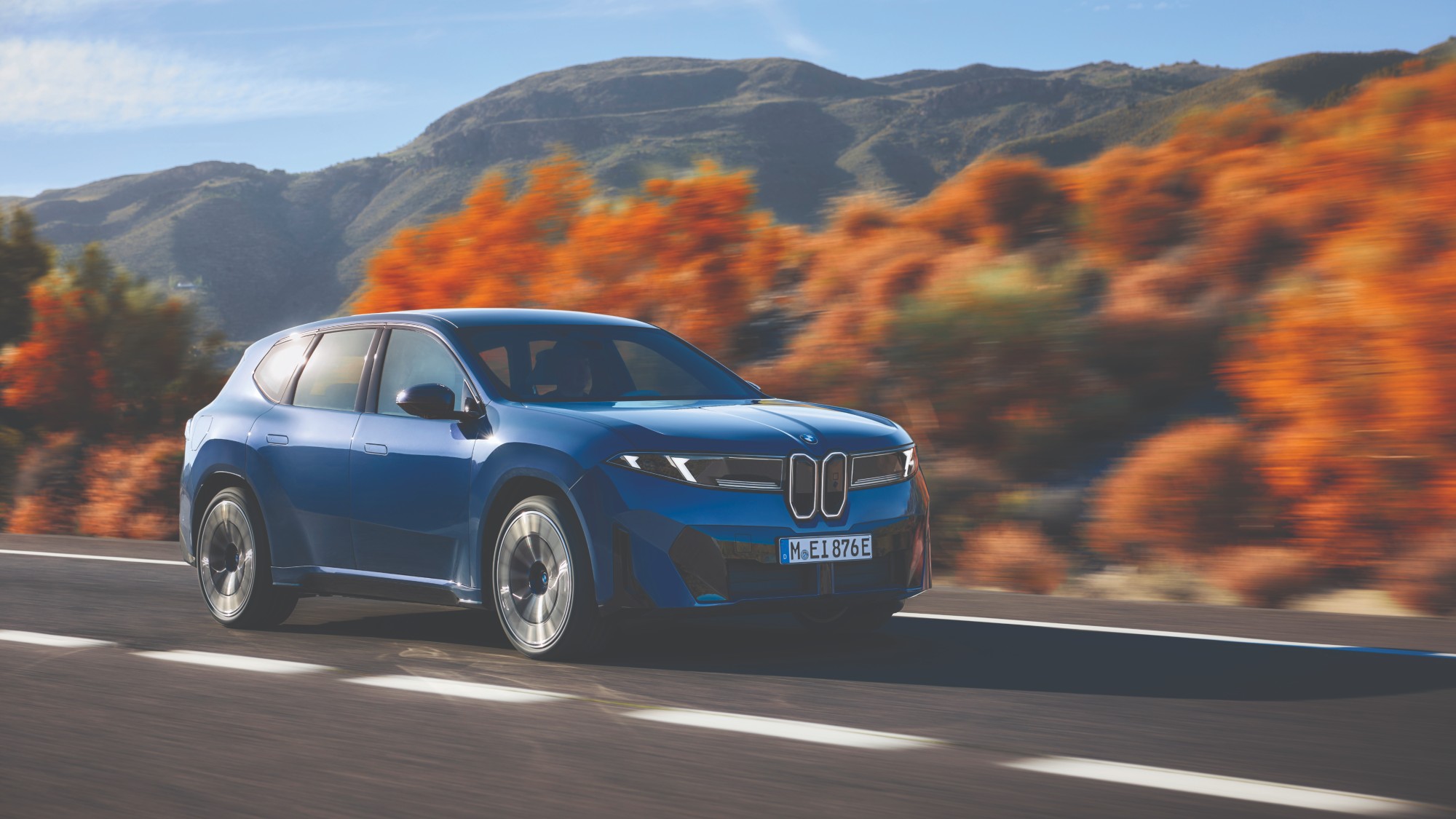 The best new cars for 2026
The best new cars for 2026The Week Recommends From SUVs to swish electrics, see what this year has to offer on the roads
-
 Are plug-in hybrids better for America's climate goals?
Are plug-in hybrids better for America's climate goals?Talking Points The car industry considers a 'slower, but more plausible path' to reducing emissions
-
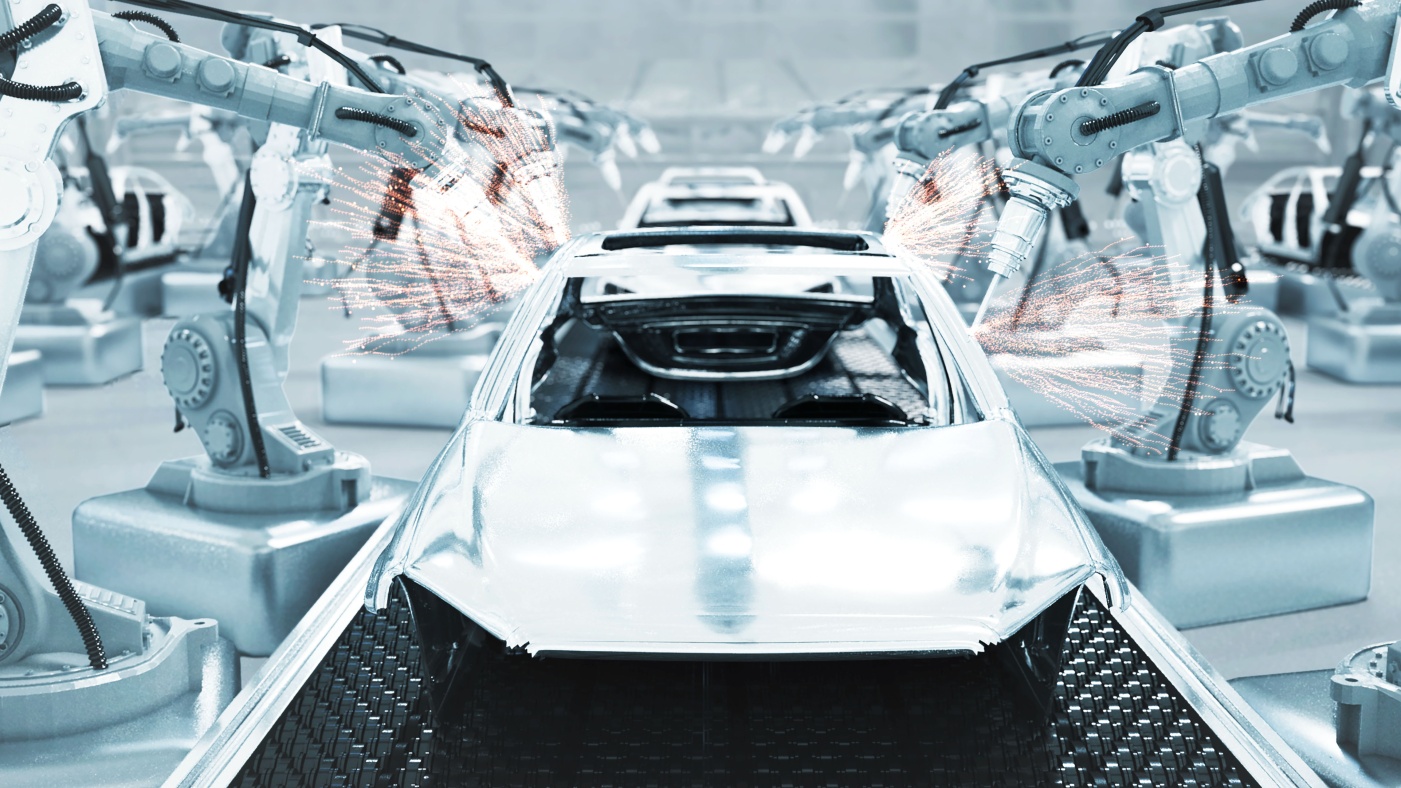 EV market slowdown: a bump in the road for Tesla?
EV market slowdown: a bump in the road for Tesla?Talking Points The electric vehicle market has stalled – with worrying consequences for carmakers
-
 The week's good news: Dec. 14, 2023
The week's good news: Dec. 14, 2023Feature It wasn't all bad!
-
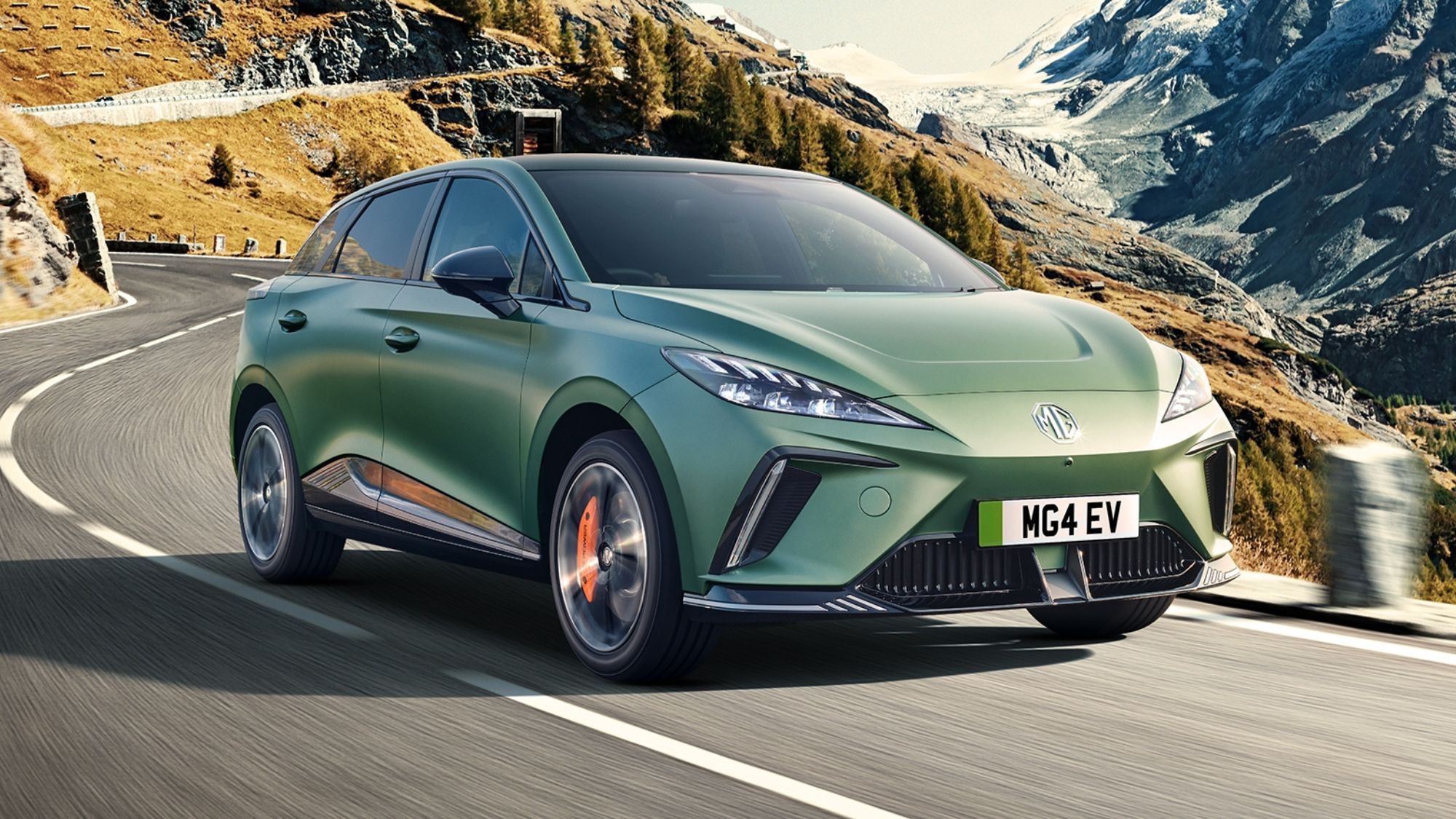 MG4 EV XPower review: what the car critics say
MG4 EV XPower review: what the car critics sayFeature The XPower just 'isn't as much fun' as a regular MG4
-
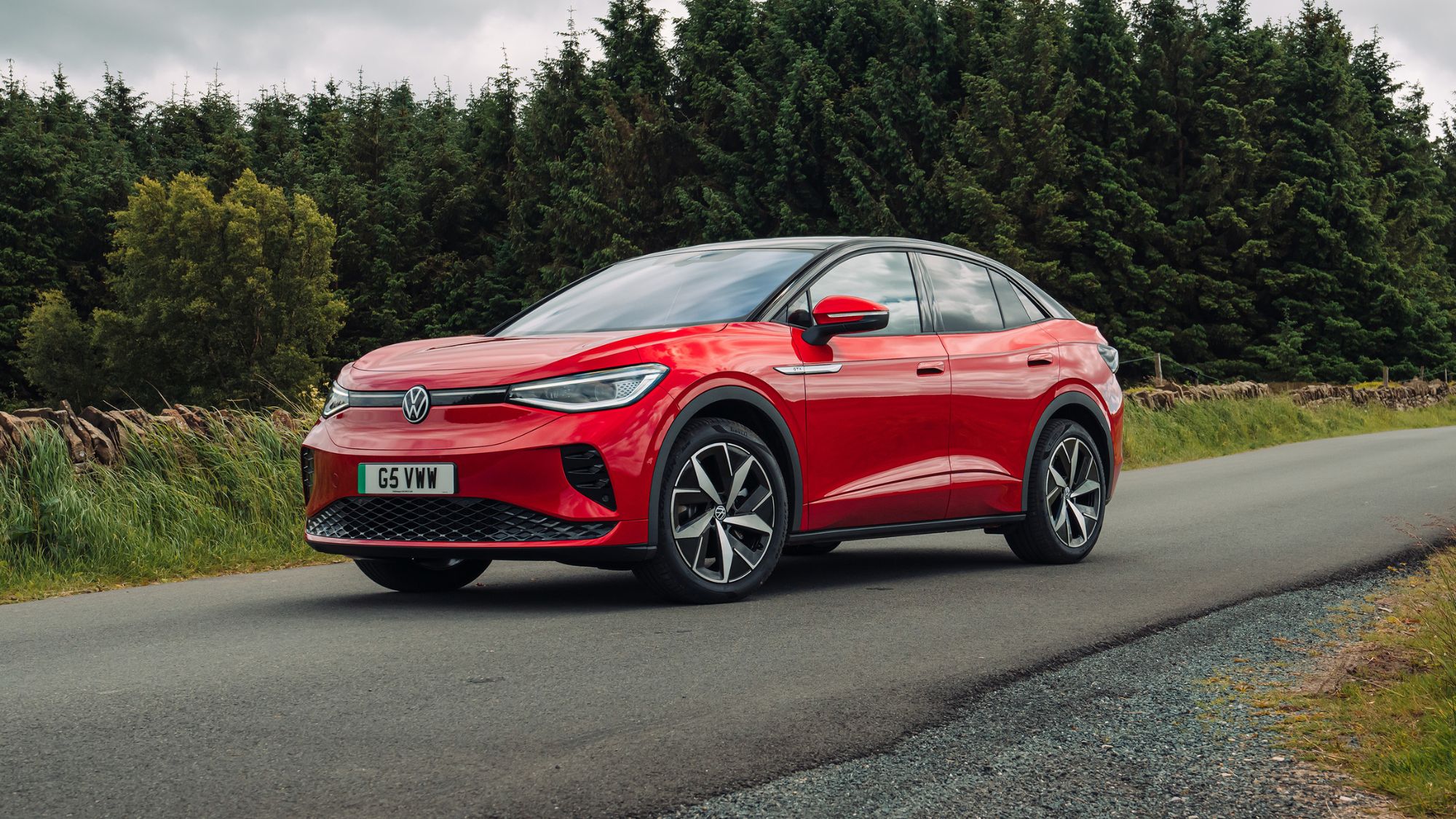 Volkswagen ID.5 review: what the car critics say
Volkswagen ID.5 review: what the car critics sayFeature The ID.4's 'sportier, more stylish twin' – but 'don't believe the hype'
-
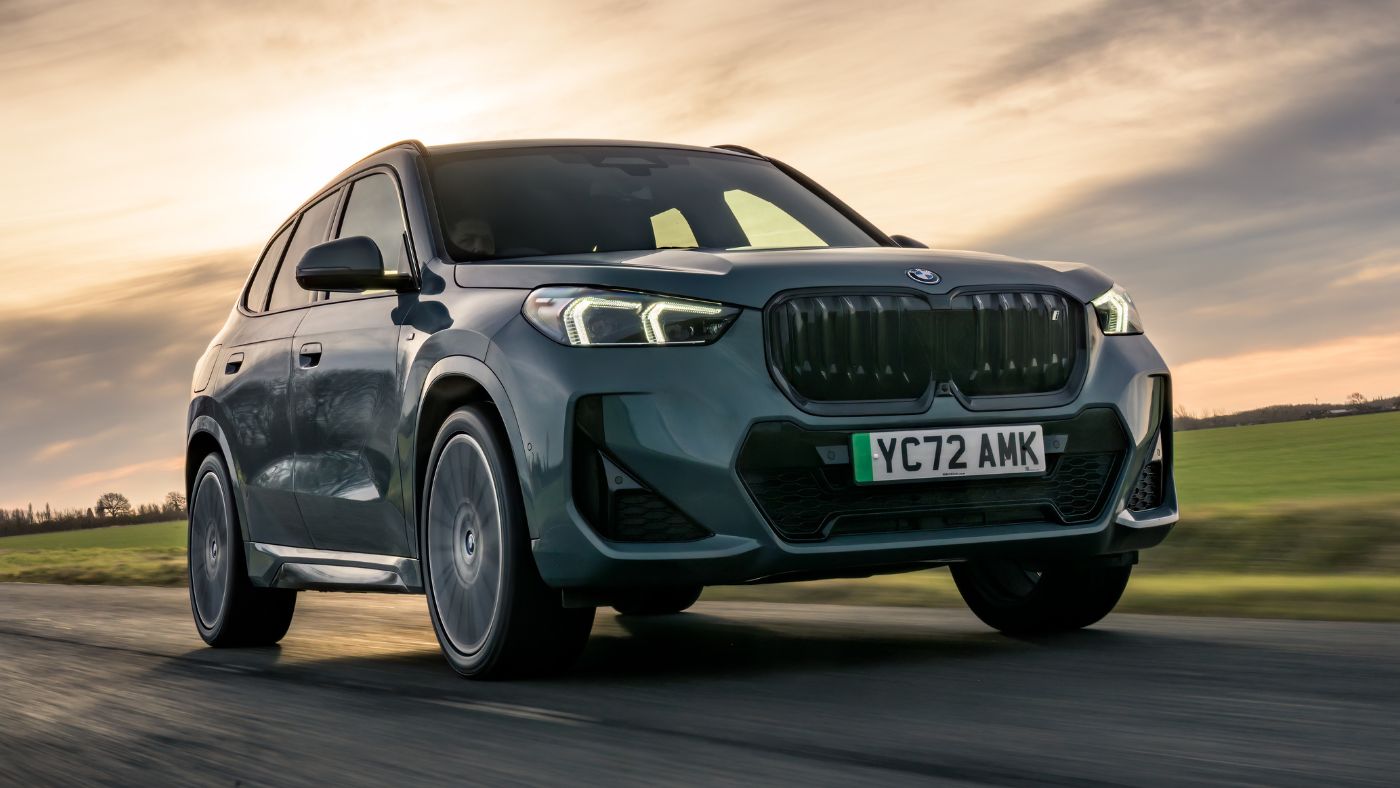 BMW iX1 review: what the car critics say
BMW iX1 review: what the car critics sayThe Week Recommends BMW’s smallest electric crossover has ‘precise’ steering and a ‘smart interior’